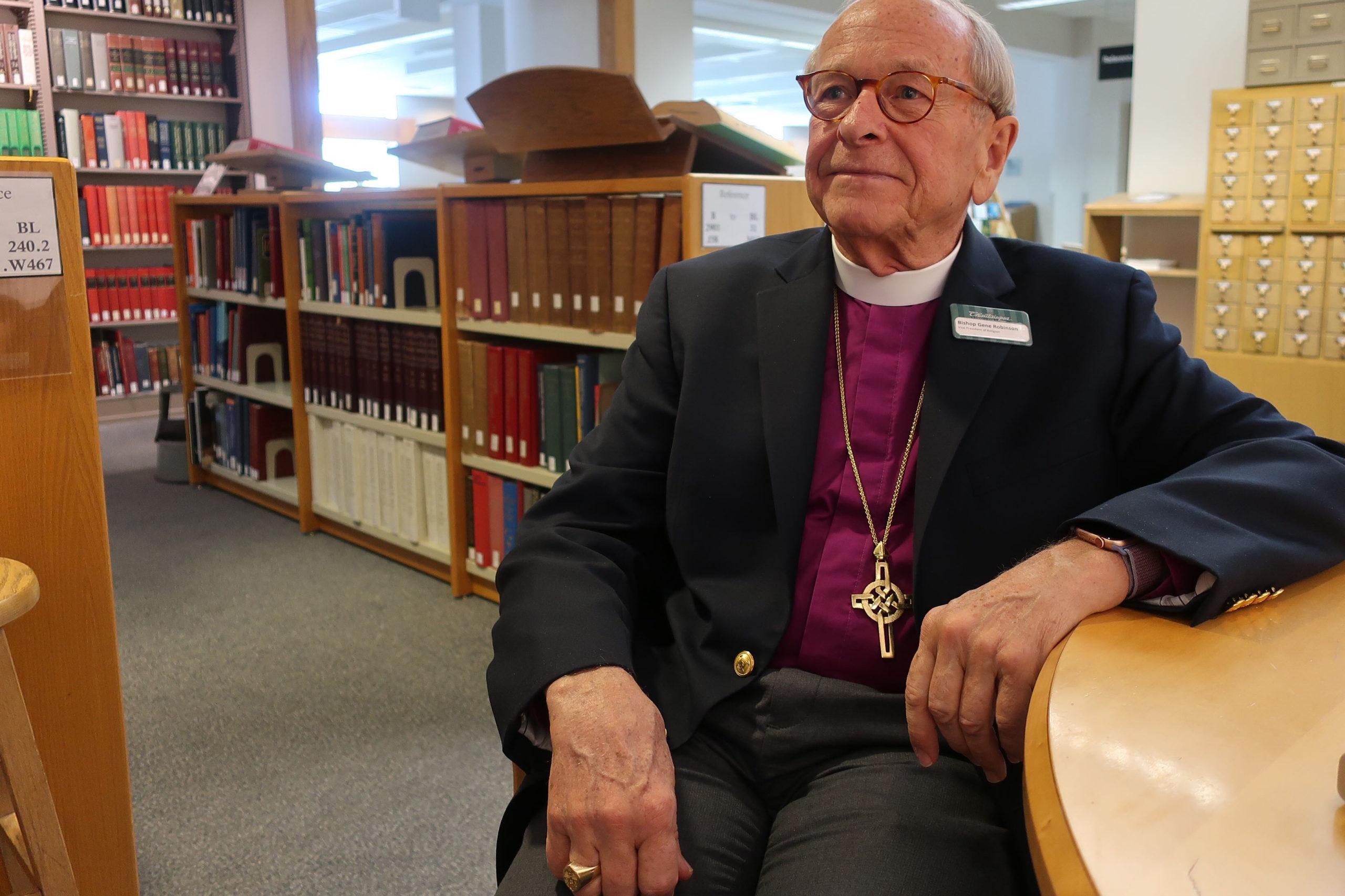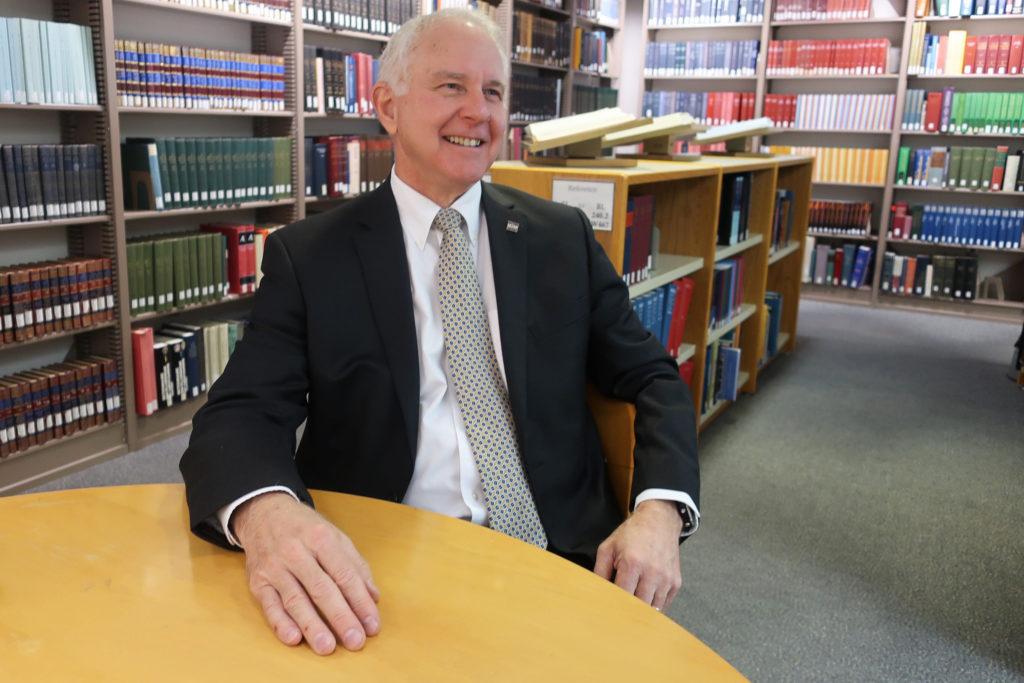
The Episcopal Church’s first openly gay bishop weighed in on the future of the United Methodist Church this week during a small conference in Denver.
The church’s “Traditional Plan,” which went into effect this year, banned same-sex marriages and members of the LGBTQIA community from being ordained. The decision by church leaders has put many Methodists at odds, which could result in a split into different denominations. The United Methodist Church will vote on a plan in May at its General Conference in Minneapolis.
On Wednesday, Bishop Gene Robinson offered some advice to close out the three-day Renewal Conference hosted by the Iliff School of Theology.
“While you may lose some people over this decision (to split), there are many more who will come because people are hungry for that,” Robinson said. “You don't have to be gay to be concerned about this decision. Because it's one of the ways people figure out what kind of church they want to belong to is (by asking), ‘How does this church treat this particular group of people?’”
After the Episcopal Church elected Robinson in 2003, 100,000 people left the church and he even received death threats, he said. But he added that Methodists who want the church to be more accepting should not be discouraged.
“When you have a big controversy like this one, when you reach some kind of a conclusion, that feels like the end of the road,” Robinson said. “Once we've settled this as an institution, what are we going to do? How are we going to use that much time and energy that we've been spending on this?”

This isn’t the first time the United Methodist Church would operate under two doctrines, Iliff president Tom Wolfe said. During the 19th century in the United States, southern Methodists supported slavery, while those in northern states opposed it. The two sides split but eventually came back together. However, that happened without ever really reconciling the church’s lack of inclusion that still exists today, Wolfe said.
“When we went to put the church back together, it took several years because the goal was not to create understanding,” he said. “The goal was to create the biggest denomination that the world has ever seen.”
Both Wolfe and Robinson agree that they don’t want to see a separation within the Methodist Church, but inclusion and kindness are important, they said.
“How are you treating each other? I think that matters to God far more than our getting the right answer,” Robinson said.








